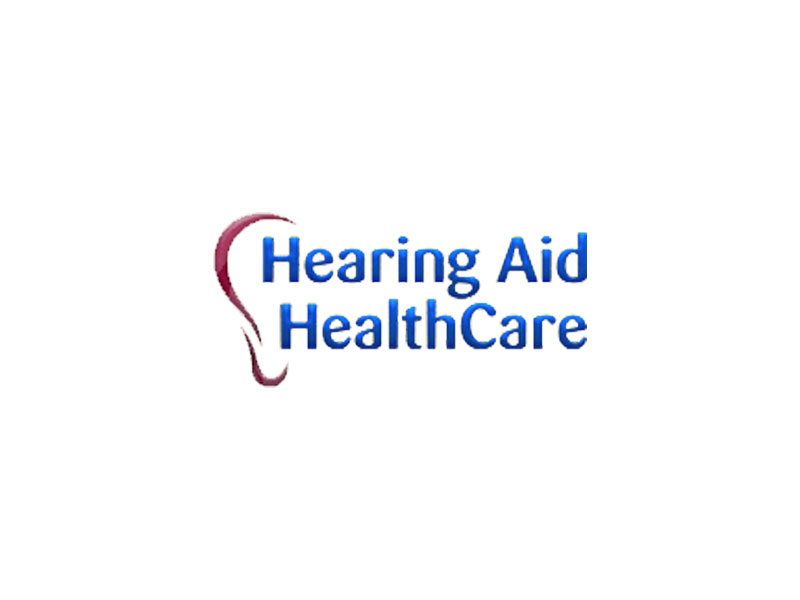Just as you see an optometrist for a new vision prescription, your hearing and hearing aid devices require the same level of professional service. Understanding the different types of hearing services available will help you make an informed decision about the specialists you want to help improve your hearing.
Hearing Tests
A hearing test is a baseline evaluation to determine your level of hearing. A certified, trained audioprosthologist will administer the test by playing sounds of all tones and volumes in different environments. For example, one section of the test might play a recording of conversation against other talking or background noise, and ask you to indicate when you can no longer understand the words being spoken. The evaluation produces an audiogram, a charted graph that shows the audioprosthologist or hearing instrument specialist the maximum range of your hearing. They’ll use this information to make an informed recommendation for hearing aid devices.
Fitting and Programming
Fitting and programming hearing devices is the main job of a hearing aid specialist. For maximum sound clarity, the volume, reception and amplification of sound from your hearing device must be customized according to your specific level of hearing. Smaller In-the-Canal and In-the-Ear hearing devices do require custom molding, so they fit securely inside your ear. Many hearing aid offices will have an on-site lab available to complete this customization process.
Repair
Tiny electronic devices, like hearing aid units, require specialized repair instruments operated by licensed technicians. Repairs take place inside the on-site lab, and can include everything from battery replacement to more complex digital or electrical issues. Many clinics will advertise the types or brands of hearing aid devices that their technicians specialize in.
Maintenance
Anything that sits in close proximity to your ear canal for the majority of the day is going to require regular, detailed cleaning. A buildup of oil and earwax around the hearing aid device can disrupt the electrical signals and reduce sound quality. Bringing your hearing aids in for regular maintenance and cleaning can extend the lifespan of your device. Your hearing aid professional will use specialized tools to deep clean your aids, freeing them of damaging wax and residue.
